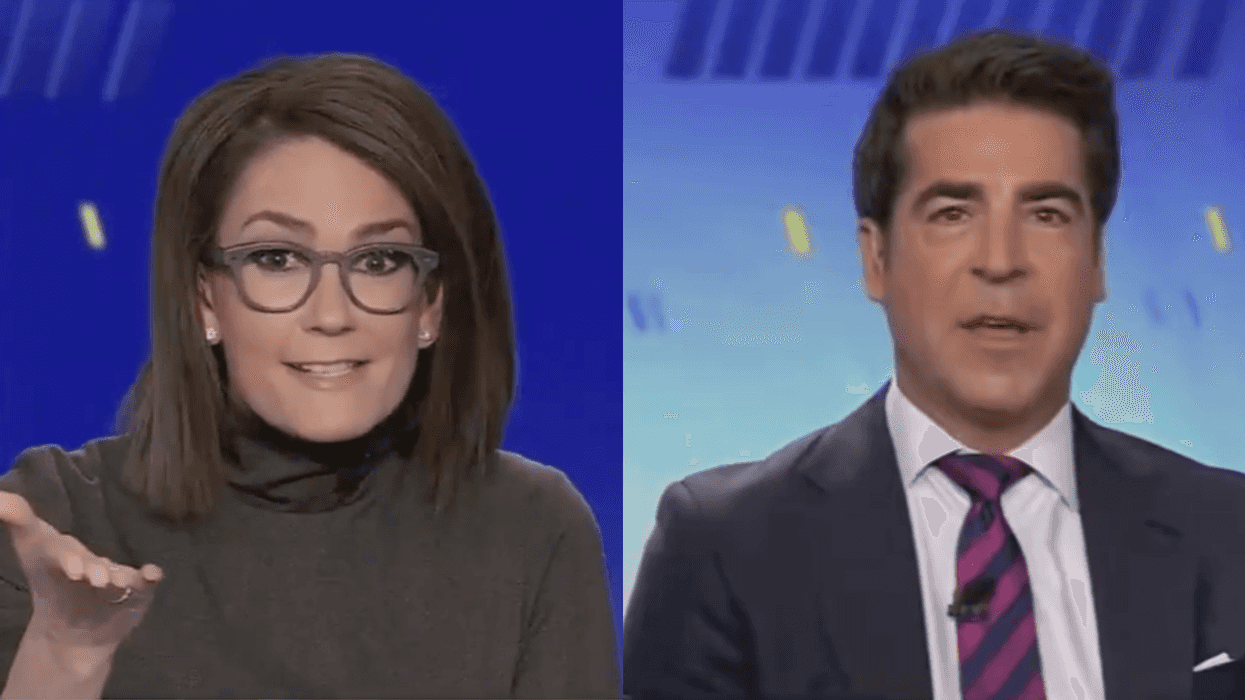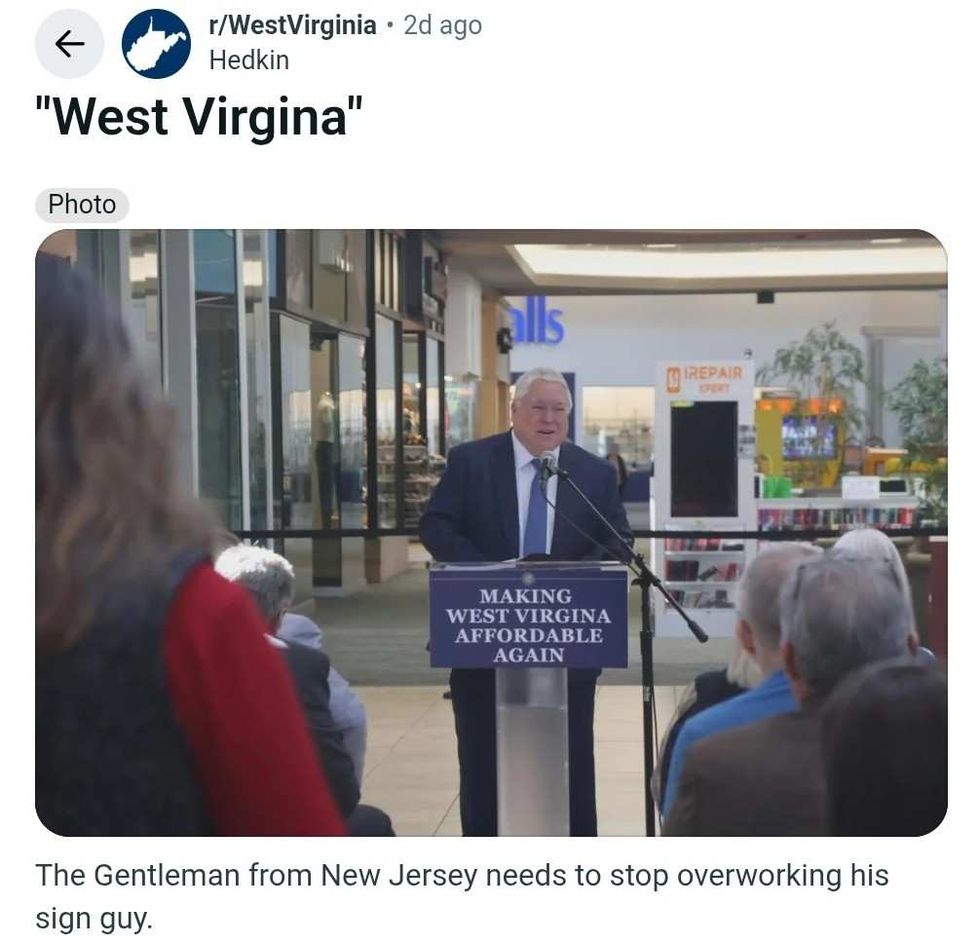Academy Award-winning actor Sean Penn stirred controversy after he told the New York Times that we "need" people like the late far-right activist Charlie Kirk in politics despite disagreeing with "almost everything" Kirk believed in.
Kirk was assassinated earlier this month while speaking at a university in Utah; the suspect was caught after a two-day manhunt and has since been charged.
The Trump administration has used Kirk's death as an opportunity to crack down on free speech rights—moves coming into sharper focus since late-night host Jimmy Kimmel was temporarily taken off the air—and targeting and blaming leftists for Kirk's murder even though the shooter is aligned with the far-right.
Penn, who currently stars in filmmaker Paul Thomas Anderson's One Battle After Another, had this to say about Kirk's views and the higher rates of political violence nationwide:
"We need that debate. We've gotta fight it out and find a compromise."
"This one seems different. It seems different than the members of Congress. It seems different than the insurance executive. It seems even different than the attempt on the president. There's something about this one."
"These things do come into fashion, and the way we kill the fashion of it is people of conscience on both sides recognizing that if somebody really believes something, that's your friend."
Penn argued that Americans should acknowledge that even viewpoints we may strongly disagree with can still be “valid opinions,” while stressing that he was not referring to “some sociopathic Nazism":
"I'm talking about if somebody believes that a human being starts at conception, if you can't understand that concept, you're just stupid. And if you're not willing to tolerate the concept as a concept that's held as deeply as I may have a belief that, I don't know, let the woman decide. All of these are valid opinions."
Kirk was, among many other things, a virulent white supremacist.
Kirk once said that the U.S. "made a huge mistake when we passed the Civil Rights Act in the 1960s," contending that the legislation, which outlawed job discrimination and racial segregation in public places, schools and federally assisted programs, “created a beast” by prioritizing equality of outcomes over equality of opportunity, actions he claimed contributed to higher crime rates.
He also regularly attacked the LGBTQ+ community—he was again linking transgender people to mass shootings at the time he was killed—and previously claimed that widespread gun-related deaths are okay in the interest of preserving the Second Amendment.
And who could forget that just a couple of weeks before his death, Kirk, a well-known sexist and misogynist, urged singer Taylor Swift to "submit" to her soon-to-be-husband and "reject" feminism?
Of course, that doesn't begin to scratch the surface.
Reactions to Penn's comments were highly mixed—some appreciated Penn's remarks and others pointed out that Kirk's views were anything but civil.
Perhaps Penn might feel differently if his own human rights were up for debate.








 @jennifer.garner/Instagram
@jennifer.garner/Instagram @jennifer.garner/Instagram
@jennifer.garner/Instagram @jennifer.garner/Instagram
@jennifer.garner/Instagram @jennifer.garner/Instagram
@jennifer.garner/Instagram @jennifer.garner/Instagram
@jennifer.garner/Instagram @jennifer.garner/Instagram
@jennifer.garner/Instagram @jennifer.garner/Instagram
@jennifer.garner/Instagram @jennifer.garner/Instagram
@jennifer.garner/Instagram @jennifer.garner/Instagram
@jennifer.garner/Instagram @jennifer.garner/Instagram
@jennifer.garner/Instagram @jennifer.garner/Instagram
@jennifer.garner/Instagram @jennifer.garner/Instagram
@jennifer.garner/Instagram @jennifer.garner/Instagram
@jennifer.garner/Instagram @jennifer.garner/Instagram
@jennifer.garner/Instagram @jennifer.garner/Instagram
@jennifer.garner/Instagram @jennifer.garner/Instagram
@jennifer.garner/Instagram @jennifer.garner/Instagram
@jennifer.garner/Instagram @jennifer.garner/Instagram
@jennifer.garner/Instagram @jennifer.garner/Instagram
@jennifer.garner/Instagram @jennifer.garner/Instagram
@jennifer.garner/Instagram







 @ameliaknisely/X
@ameliaknisely/X WDTV 5 News/Facebook
WDTV 5 News/Facebook r/WestVirginia/Reddit
r/WestVirginia/Reddit WDTV 5 News/Facebook
WDTV 5 News/Facebook r/WestVirginia/Reddit
r/WestVirginia/Reddit r/WestVirginia/Reddit
r/WestVirginia/Reddit WDTV 5 News/Facebook
WDTV 5 News/Facebook r/WestVirginia/Reddit
r/WestVirginia/Reddit r/WestVirginia/Reddit
r/WestVirginia/Reddit WDTV 5 News/Facebook
WDTV 5 News/Facebook WDTV 5 News/Facebook
WDTV 5 News/Facebook